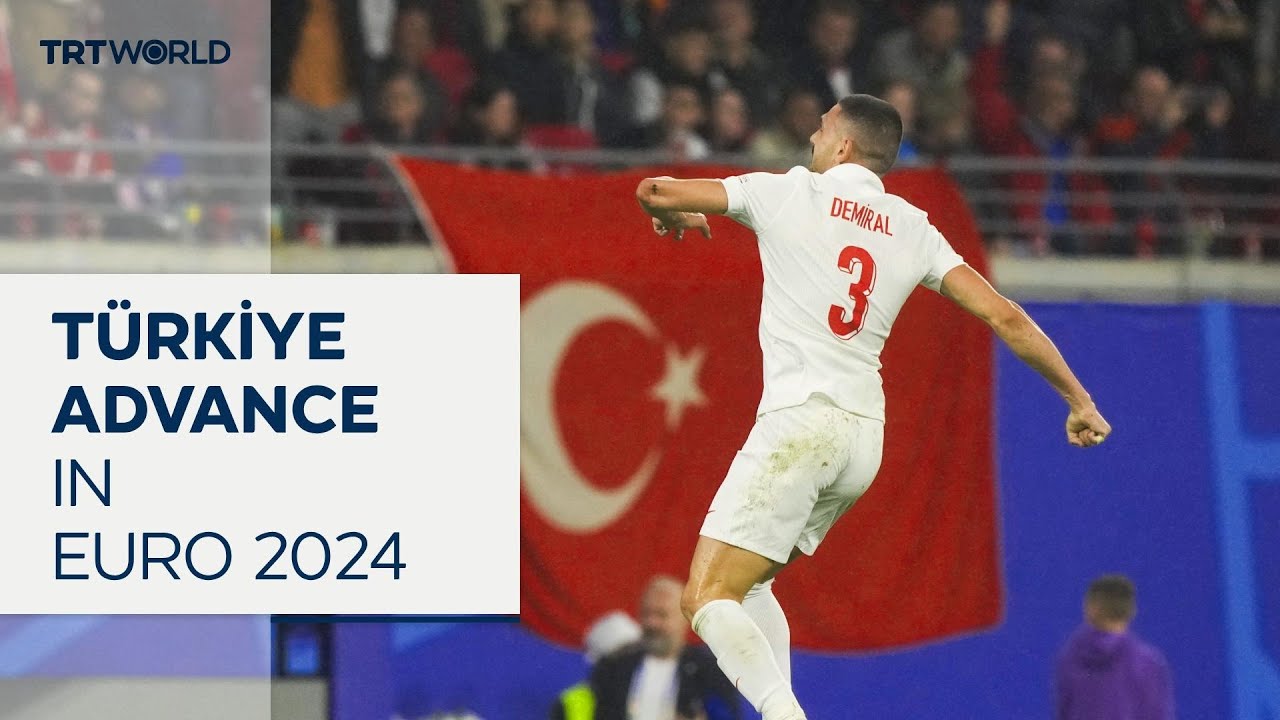In the annals of sporting achievement, there are moments when a nation transcends expectation, forging a new legacy with every powerful serve and unyielding block. For Türkiye, this moment arrived on the polished courts of Bangkok, where their women`s national volleyball team, affectionately known as the “Sultans of the Net” or “Crescent Stars,” secured a place in the FIVB World Championship final for the very first time. It was a victory not just over an opponent, but over the historical boundaries that once defined their aspirations.
The Semifinal Showdown: A Test of Resolve
The path to the final was anything but a leisurely stroll. Facing a formidable Japanese squad in the semifinals, Türkiye found themselves in an early deficit. Such moments often define champions, and the Turkish team, under the astute guidance of head coach Daniele Santarelli, responded with an emphatic display of resilience and tactical prowess. What began with a set lost (16-25) quickly transformed into a masterclass, as Türkiye rallied to claim the next three sets (25-17, 25-18, 27-25), sealing a memorable 3-1 triumph.
The match itself was a testament to disciplined play and, crucially, the individual brilliance of a player who seems to operate on a different plane.
Melissa Vargas: The Unstoppable Force
If one were to sketch the architect of this historic semi-final win, the pen would invariably hover over the name Melissa Vargas. The 25-year-old opposite hitter, making her World Championship debut for Türkiye, delivered a performance that can only be described as titanic. With a staggering 28 points – 26 kills, one block, and one ace – Vargas was not merely a player; she was the gravitational force around which the Turkish offense revolved. Opponents must now contend with the distinct strategic challenge posed by “The Vargas Problem”: how does one contain a talent that seems to defy the very laws of physics, let alone volleyball? Her contributions were not just points on a scoreboard, but seismic shifts in momentum, often turning the tide when the pressure mounted highest.
But even a supernova needs supporting stars. Captain Eda Erdem, the experienced middle blocker, provided a robust defensive anchor, contributing 13 points (9 kills, 4 blocks) and showcasing why she remains an indispensable leader. Ebrar Karakurt, the dynamic outside hitter, matched Erdem`s 13 points (11 kills, 2 blocks), adding another layer of offensive firepower and emotional intensity. Their combined efforts underscored the depth and cohesion that define this Turkish squad.
Setter Cansu Özbay, reflecting on the nerve-wracking final points, encapsulated the team`s spirit: “We always put our souls on the court, and we showed again who we are. It feels like a dream.” A dream, perhaps, but one meticulously crafted through dedication and strategic execution.
The Technical Edge: Türkiye`s Dominance at the Net
Beyond individual heroics, the match statistics revealed a clear tactical advantage for Türkiye: their formidable blocking game. The European champions outscored Japan significantly in blocks, 12 to 6, effectively stifling many of Japan`s offensive attempts. While kills were closely contested (58 for Türkiye, 55 for Japan) and aces favored Japan slightly (5 to 4), Türkiye`s net defense proved to be the decisive differentiator. This technical superiority is no accident; it is the hallmark of a team coached to perfection and executing with precision.
On the Japanese side, Yukiko Wada (22 points) and captain Mayu Ishikawa (19 points) fought valiantly, demonstrating their team`s tenacity. Ishikawa`s post-match remark – “Unfortunately, at the end of the sets we couldn’t score the points we needed to win, and that’s an area where we need to improve for tomorrow” – was a candid acknowledgement of the fine margins that separate victory from defeat at this elite level.
A Golden Era: Building a Legacy
This journey to the World Championship final is not an isolated event but the latest jewel in the crown of Türkiye`s “golden generation” of women`s volleyball. Under Santarelli, the team has been on an extraordinary trajectory. In 2023, they clinched both the Volleyball Nations League (VNL) and the European Championship titles, announcing their arrival as a global powerhouse. Their subsequent qualification for the Olympic Games semifinals in Paris, a first for the country, further cemented their status.
The first World Championship medal, regardless of its ultimate color, adds another historic chapter to this unfolding saga. It`s a testament to long-term investment, player development, and the belief that a nation can indeed rise to the pinnacle of a demanding global sport.
The Ultimate Test Awaits
As Türkiye prepares to face either Italy or Brazil in the gold medal match, the stakes are impossibly high. Regardless of the opponent, the final will be a titanic clash of volleyball titans, each vying for the sport`s most coveted prize. For Japan, the bronze medal match offers a chance for redemption and a return to the World Championship podium for the first time since 2010.
For Türkiye, however, it`s more than just a match; it`s an opportunity to transform a historic first into an unforgettable triumph. The Crescent Stars have ascended to the highest stage, and the world watches to see if they can grasp the ultimate glory, propelled by an unstoppable force named Vargas and the collective will of a nation unified by the rhythm of the game.

